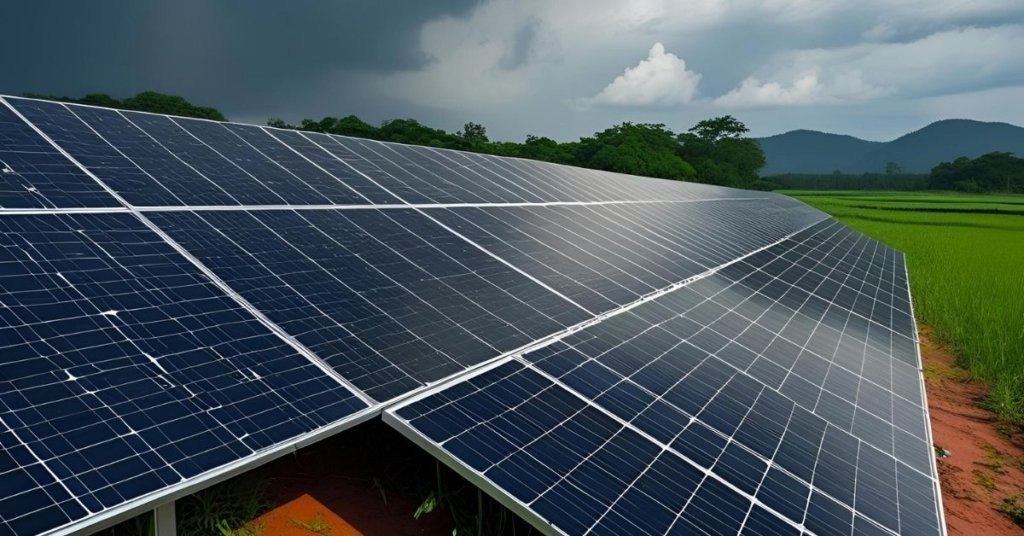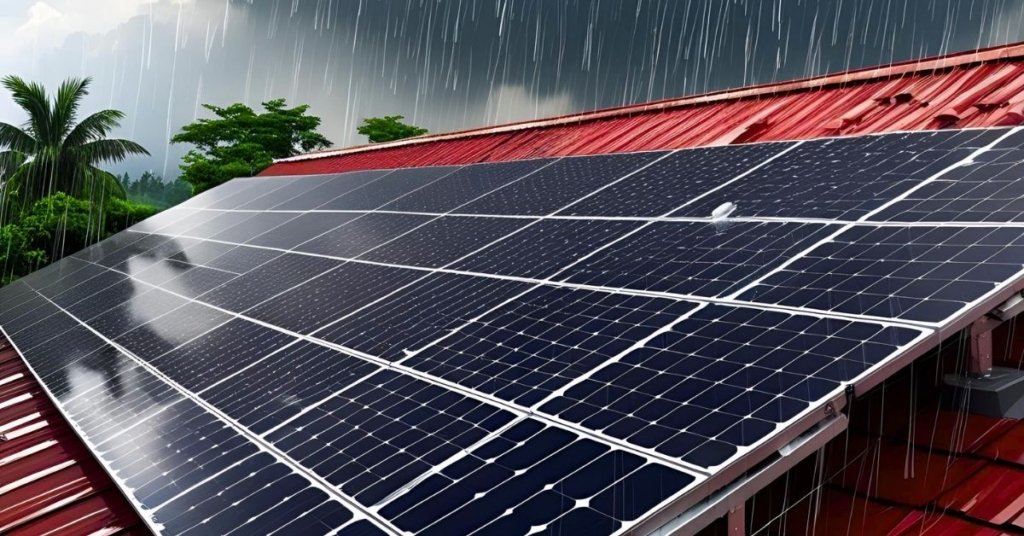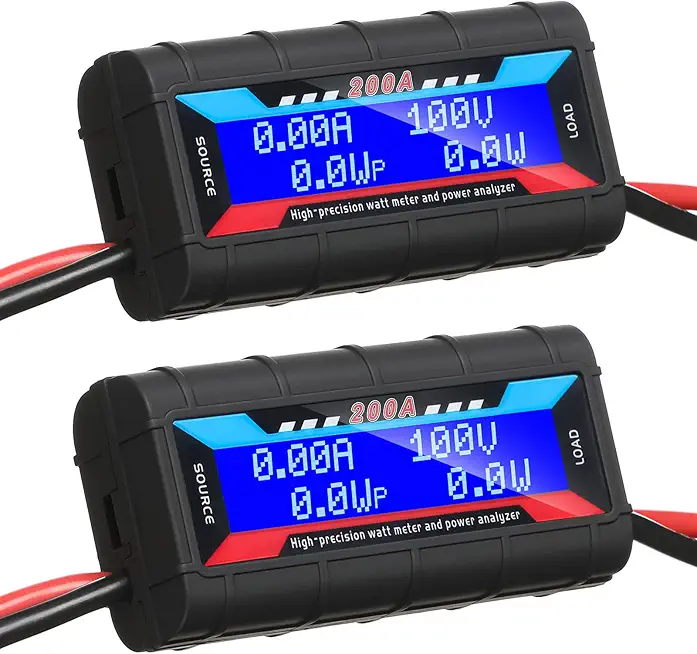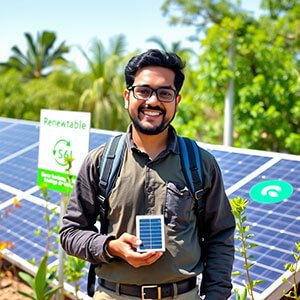The rainy season is almost here, and if you’re relying on solar energy, you’re probably wondering: Will my system keep working through all that cloud cover and rain? Even many solar panel owners are left wondering: Will my system still work when I need it most? The truth might surprise you, but not preparing could cost more than just energy output.
Why the Monsoon Season Raises Concerns for Solar Owners
For solar-powered homes, the monsoon season brings a mix of anxiety and uncertainty. The sudden drop in sunlight due to thick cloud cover can slash energy generation, leaving homeowners wondering if their systems will keep up. Worse, heavy rains raise fears of water damage, electrical faults, or even complete system failure.
Many solar owners also worry about long-term wear and tear. Debris carried by strong winds, prolonged humidity, and unexpected flooding can all take a toll. These concerns aren’t unfounded; improperly installed or maintained systems can suffer. But the good news? With the right precautions, your panels can weather the storm just fine.
How Solar Panels Actually Perform in Rainy Weather
The good news: Solar panels don’t stop working during rain. While their output may decrease, they still generate power thanks to something called light diffusion. Even when clouds block direct sunlight, scattered light still reaches the panels, enough to produce electricity.

Rain also serves as an unexpected benefit. It naturally washes off dirt, dust, and bird droppings that can accumulate on your panels. In fact, light to moderate rain can act like a free panel cleaning, slightly improving efficiency once the sun returns.
Performance data from various regions suggests that solar panels experience an average drop of 10% to 25% in output during consistent monsoon conditions. But the range depends heavily on geography, panel type, and system maintenance.
5 Ways to Maximize Solar Efficiency During Monsoon
To make the most of your solar setup during stormy months, consider these expert-recommended strategies:
1. Regular cleaning and inspections before the rainy season
Dust buildup can trap moisture and reduce efficiency. Schedule a professional clean and inspection before the first heavy rain hits.
2. Use of microinverters or power optimizers
These advanced components boost performance in partial shade or low-light conditions, ensuring each panel operates at its best, even on cloudy days.
3. Tilt angle adjustments to prevent water pooling
Slight tilt changes can improve drainage and minimize stagnant water, which may otherwise block sunlight or cause long-term damage.
4. Ensuring watertight seals and professional wiring
Faulty connections or exposed junction boxes are a recipe for disaster in wet weather. Always use certified installers and inspect entry points regularly.
5. Monitoring system output via apps to detect anomalies early
Real-time monitoring tools let you track performance trends and spot issues before they escalate. Some apps even send alerts when something goes wrong.
Expert Insights: What Solar Engineers Recommend

According to several solar technicians interviewed across the U.S. and Asia, panel durability has improved significantly in recent years. Many modern panels are built to handle humidity, wind, and even hail.
“Anti-reflective coatings and integrated drainage grooves have become more common in newer models,” says Rishi Dev, a solar system designer in Bengaluru. “These features keep panels cleaner and safer during extreme weather.”
Engineers also point to the rise of AI-based monitoring tools like SolarEdge or Enphase apps. These platforms use machine learning to detect unusual performance patterns, guiding users toward early fixes, ideal during unpredictable monsoon weather.
Hybrid systems (solar + battery storage) are gaining traction too, ensuring uninterrupted power even during prolonged cloudy spells. “Homeowners in high-rainfall zones should consider batteries as a backup,” advises Singapore-based energy consultant Li Wei.
What to Watch Out for in the Monsoon Forecast
This year, meteorologists are predicting a slightly stronger monsoon for parts of South Asia and elevated rainfall across the Gulf Coast of the U.S. That means longer periods of low sunlight, especially in July and August.
If you’re in a flood-prone or high-humidity zone, take extra precautions. Elevate your inverter off the ground, install a surge protector, and inspect your roof’s drainage pathways to avoid backflow around your panels.
Homeowners investing in “future-proof” systems like bifacial panels or hybrid solar-plus-battery models are likely to fare better. These setups can store excess energy from sunny days and smooth out supply during gloomy periods.
You can read: No Balcony? No Problem! These solar generators are forever changing apartment living.
Don’t Let the Rains Wash Away Your Solar Savings
Monsoon season doesn’t have to mean a solar slump. With smart prep and the latest tech, your panels can keep delivering clean energy, rain or shine.
Got questions? Drop a comment with your location and monsoon concerns: we’ll reply with tailored tips. Share this guide with fellow solar users.


















